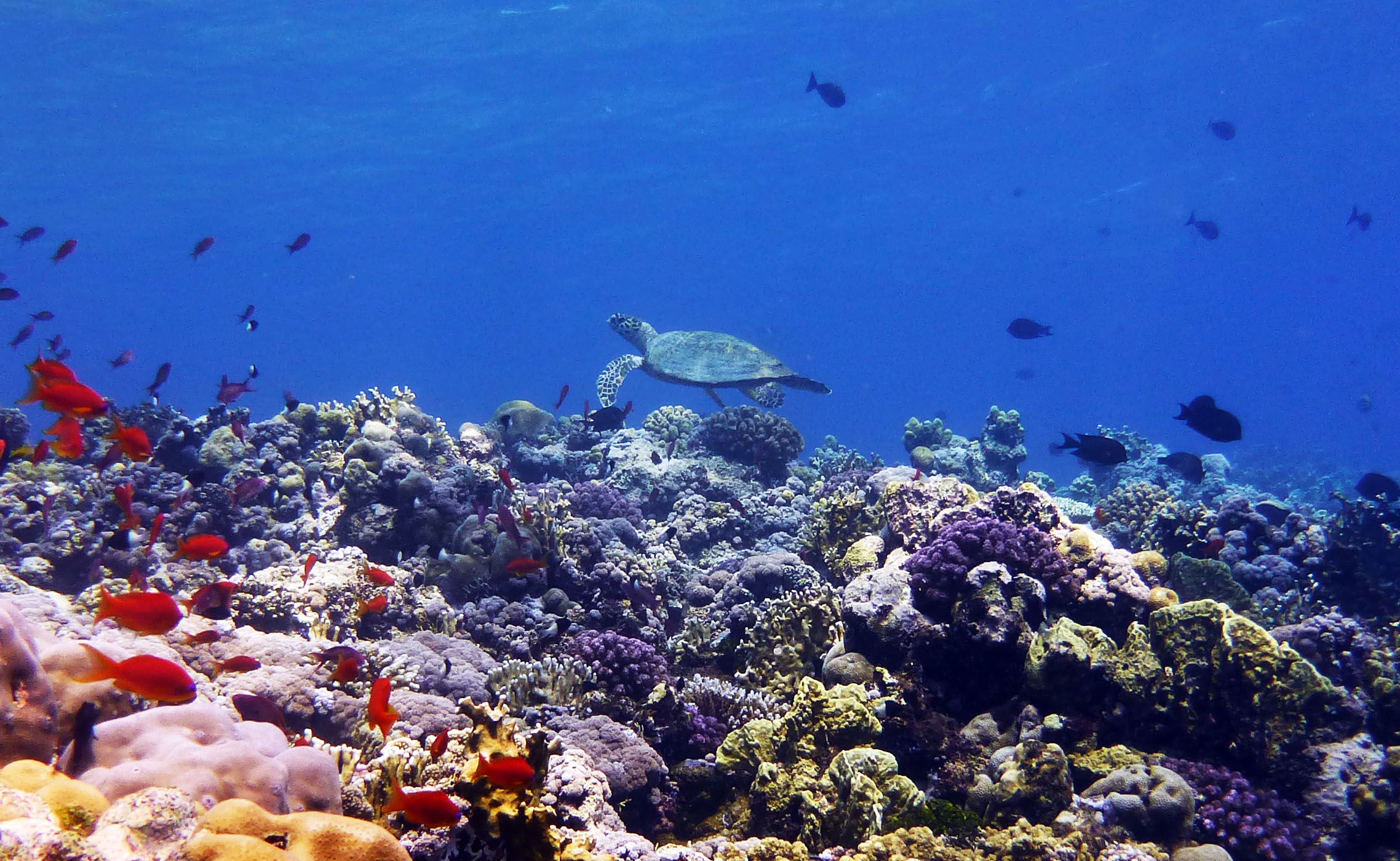
© Universität Bremen / Christian Wild
Marine Scientist Wild: “UN Ocean Conference in Nice can provide an important contribution”
How targeted measures to protect and restore marine ecosystems can help to thwart the effects of climate change
Heat waves, coral bleaching, and dwindling fish populations demonstrate the immense pressure our oceans are under. In this interview, marine scientist Professor Christian Wild describes how to sensibly design protected areas, explains why international agreements are crucial, and discusses how sustainable use and natural protection can coexist. He has high but realistic expectations for the UN Ocean Conference in Nice.
How serious are the effects of climate change on the oceans currently, and what role can improved protection of marine ecosystems play?
We all know that climate change, particularly rising ocean temperatures, is the primary problem faced by our oceans and their inhabitants. Research findings also suggest that we can help marine ecosystems combat climate change more effectively and recover faster from the harmful effects of marine heat waves and coral bleaching by protecting them in a better manner and implementing targeted restoration efforts.
What specific expectations do you have for the UN Ocean Conference in Nice, particularly concerning protective measures and international agreements?
First and foremost, it is important to protect as much area as possible and connect these areas while improving the protection quality. Restoration should be carried out in a way that enables the marine ecosystem to adapt more quickly and effectively to climate change. This requires binding international agreements, effective communication between scientists and policymakers, and ongoing financial support for protective and restorative measures. The conference in Nice can make significant contributions in all these areas.
How can effective ocean protection and the interests of local user groups be reconciled and what role does the financing play in this?
It is important that users of marine ecosystems be informed and included in the process. This means protective areas must be planned in a way that allows for sustainable use. We can then successfully establish core zones that are particularly worthy of protection and are completely off-limits to any form of use, known as No-Take-Zones. At the same time, it is also important to provide alternative income sources to reduce pressure to use and overfish these areas.